In the context of fundamental and comprehensive educational reform, the income of teachers is always a major concern. Currently, salaries and allowances of teachers at all levels are applied uniformly nationwide.
A teacher who has just graduated from university and teaches at a primary school in Cau Ong Lanh Ward (HCMC) said that with a basic salary of level 1 and 35% teacher allowance, his monthly income is nearly 7.4 million VND (including salary according to coefficient: 5,475,600 VND and preferential allowance of 1,916,460 VND). A teacher who is the head of an English group at a secondary school in Ben Thanh Ward with 29 years of experience, salary coefficient 5.36, receives a monthly salary and allowances according to general regulations of approximately 18 million VND.

Teachers in Ho Chi Minh City at the opening ceremony of the 2025-2026 school year. In addition to salaries and allowances according to regulations, teachers in this locality also receive support according to a special mechanism.
PHOTO: INDEPENDENCE
A high school teacher who started working in 1995 provided Thanh Nien reporter with an account statement showing that this teacher's salary, allowances, incentives, and seniority in August 2025 was more than 20 million VND.
ADDITIONAL SUPPORT ACCORDING TO SPECIAL MECHANISM
In Ho Chi Minh City alone, teachers receive additional support under a special mechanism, contributing to improving income.
Over the past seven years, until June 30, 2025 (before the province-city merger), many teachers in Ho Chi Minh City have an income of hundreds of millions of VND/year, depending on seniority, because in addition to salaries and allowances according to state regulations, the city also has special policies.
Since 2018, along with the National Assembly issuing a resolution on piloting a number of specific development mechanisms and policies, Ho Chi Minh City has implemented a policy of spending additional income for cadres, civil servants, public employees, and workers.
Recently, implementing Resolution 08/2023/NQ-HDND dated September 19, 2023 regulating additional income expenditure according to Resolution No. 98/2023/QH15 dated June 24, 2023 of the National Assembly on piloting a number of specific mechanisms and policies for the development of Ho Chi Minh City, the City has stipulated a coefficient for adjusting income increases. Accordingly, the maximum additional income expenditure is 1.8 times the salary scale, rank, and position, and additional income expenditure does not exceed 0.8 times the basic salary fund of cadres, civil servants, public employees, and workers under the management of the City. The City will balance the salary reform source to ensure salary increase expenditure according to the Government 's roadmap and additional income expenditure. In case there is not enough expenditure at 1.8 times, the City People's Committee will report to the City People's Council to stipulate a coefficient suitable to the budget balance capacity.
According to Resolution 185 of the Ho Chi Minh City People's Council issued in December 2023 on the state budget revenue and budget revenue and expenditure estimates for 2024, the maximum additional income expenditure coefficient is 1.5 times the salary scale and position. For subjects receiving additional income at a specific amount, the maximum expenditure is 3 million VND/month.
Accordingly, the formula for calculating the monthly additional income of teachers when completing their tasks excellently is: Salary coefficient + Position allowance coefficient (if any) x 2,340,000 VND (base salary) x 1.5 (additional income coefficient).
With this calculation, a grade III preschool teacher who completes his/her tasks excellently will have an additional income of 7.37 million VND/month (level 1, coefficient 2.1) to 17.1 million VND/month (level 10, coefficient 4.89).
A grade II preschool teacher who completes his/her tasks excellently will have an additional income of 8.2 million VND/month (level 1, coefficient 2.34) to 17.4 million VND/month (level 9, coefficient 4.98).
Grade I preschool teachers who complete their tasks excellently will have additional income from 14 million VND/month (grade 1, coefficient 4) to 22.3 million VND/month (grade 8, coefficient 6.38).
For primary, secondary and high school teachers with grade III qualifications who complete their tasks excellently, their additional income will be from 8.2 million VND/month (level 1, coefficient 2.34) to 17.4 million VND/month (level 9, coefficient 4.98).
Primary, secondary and high school teachers, grade II, who complete their tasks excellently, will have an additional income of 14 million VND/month (level 1, coefficient 4) to 22 million VND/month (level 8, coefficient 6.38).
Primary, secondary and high school teachers, grade I, who complete their tasks excellently, have additional income of 15.4 million VND/month (level 1, coefficient 4.4) to 23.7 million VND/month (level 8, coefficient 6.78).
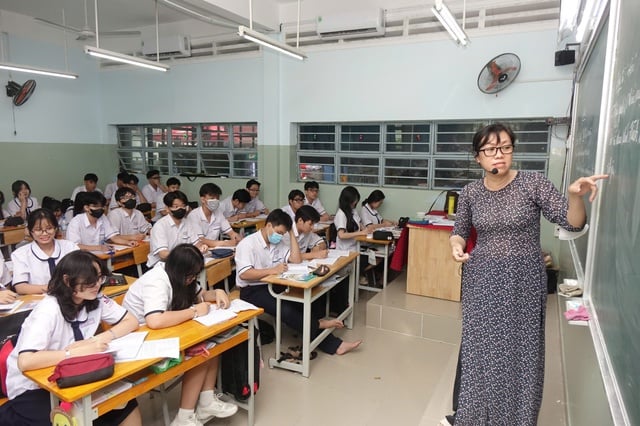
The income of teachers in the context of fundamental and comprehensive educational innovation is always a major concern.
Photo: Dao Ngoc Thach
A history teacher at a top high school in Ho Chi Minh City, with 30 years of experience, said his annual income is about 410 million VND. In particular, on the income disclosure board, there are months where the income is recorded from 49 to 64 million VND. These are the months when, in addition to his salary, the teacher receives additional income from the previous quarter. After deducting expenses such as insurance, the average monthly income of this teacher is about 34 million VND, including teacher salary, seniority allowances, incentives and additional income according to Ho Chi Minh City's policy.
Also according to HCMC regulations, teachers receive additional income quarterly. That is, in the first half of the following quarter, teachers will receive additional income from the previous quarter.
Ms. Nguyen Doan Trang, Principal of Tran Van On Secondary School (Tan Dinh Ward), said that the basis for evaluating cadres and civil servants as well as paying additional income every quarter, schools are based on the regulations of the Ho Chi Minh City People's Committee on evaluating and classifying quality according to work efficiency. Normally, on the 20th of the last month of each quarter, schools evaluate and classify quality according to work efficiency and pay additional income to teachers and employees in the school.
Ho Chi Minh City currently has more than 110,000 teachers.
According to statistics from the Ho Chi Minh City Department of Education and Training, before the merger, the old Ho Chi Minh City had 80,611 teachers, including 26,889 preschool teachers, 23,155 primary school teachers, 18,125 secondary school teachers and 12,442 high school teachers; Binh Duong province had about 16,000 teachers at all levels; Ba Ria-Vung Tau province had about more than 16,000 teachers at all levels. Thus, after the merger, Ho Chi Minh City now has more than 110,000 teachers.
AFTER MERGER, TEACHERS CONTINUE TO ENJOY INCREASED INCOME
Starting from July, after the merger of Ho Chi Minh City with Binh Duong and Ba Ria-Vung Tau, what will the additional income policy for teachers be like?
An official in charge of organizational work at the Ho Chi Minh City Department of Education and Training said that in early September, the Ho Chi Minh City People's Council passed many important policies directly related to the lives of officials, civil servants and people, focusing on improving income, housing, social security, etc. The additional income policy according to the special mechanism of Resolution 98/2023 of the National Assembly continues to be maintained and expanded to the old Binh Duong and Ba Ria-Vung Tau areas. Officials and civil servants who complete their tasks well or excellently will receive additional income at a fixed rate of 3 million VND/month or a maximum of 1.8 times the salary scale, level, and position.
In 2025, Ho Chi Minh City decided to increase the income spending level to 1.5 times the salary scale, rank, and position. Compared to before, the beneficiaries of the policy have also been expanded to a number of agencies and contract workers. This policy not only improves the lives of officials, civil servants, and workers but also creates motivation to promote productivity, work efficiency, and properly evaluate capacity.
This official affirmed that HCMC teachers will continue to enjoy the additional income policy after the merger.
According to the process, after the People's Council passes the resolution, the Ho Chi Minh City People's Committee issues a decision, and the Department of Home Affairs provides guidance on the contents and criteria for evaluating and classifying workers. Based on that, schools will conduct assessments and synthesis. Previously, high schools sent their approval to the department, while schools from kindergarten to junior high school sent their approval to the Department of Home Affairs. Since the implementation of the two-level government, according to officials of the Department of Education and Training, the authority to evaluate heads of units under wards, communes, and special zones belongs to the chairmen of wards, communes, and special zones.
Source: https://thanhnien.vn/giao-vien-tphcm-thu-nhap-tang-them-hang-chuc-trieu-dong-quy-185250910221129389.htm



![[Photo] Prime Minister Pham Minh Chinh chairs the 20th meeting of the Steering Committee for important national projects and works](https://vphoto.vietnam.vn/thumb/1200x675/vietnam/resource/IMAGE/2025/9/10/e82d71fd36eb4bcd8529c8828d64f17c)

![[Photo] Impressive 13 portraits of General Secretaries of the Communist Party of Vietnam through the ages](https://vphoto.vietnam.vn/thumb/1200x675/vietnam/resource/IMAGE/2025/9/11/9d1395186a0b42a1bc3a50f33ca146df)
![[Photo] Giant pipeline leading water to West Lake, contributing to reviving To Lich River](https://vphoto.vietnam.vn/thumb/1200x675/vietnam/resource/IMAGE/2025/9/10/887e1aab2cc643a0b2ef2ffac7cb00b4)
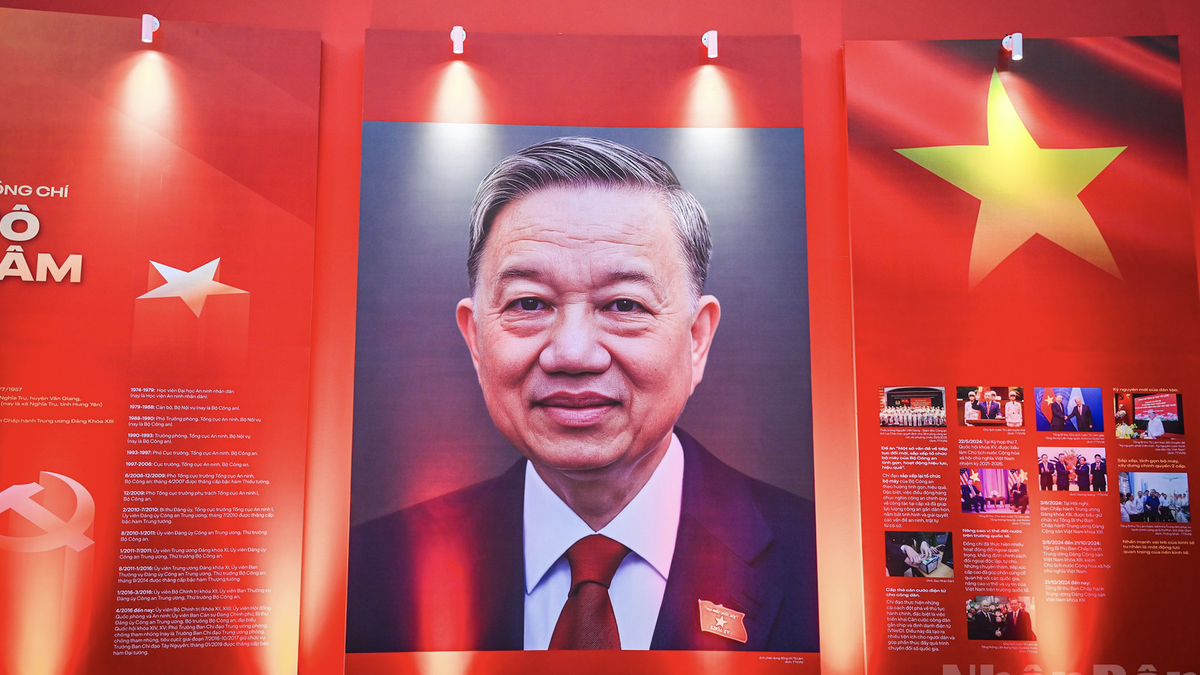
![[Photo] President Luong Cuong hosts state reception for Governor-General of Australia](https://vphoto.vietnam.vn/thumb/1200x675/vietnam/resource/IMAGE/2025/9/10/a00546a3d7364bbc81ee51aae9ef8383)

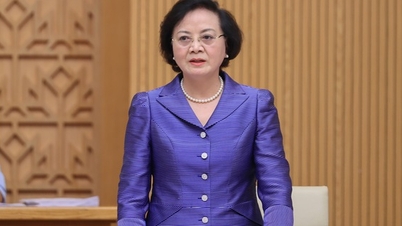

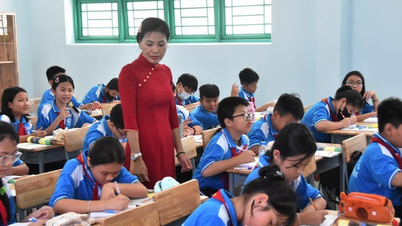

















































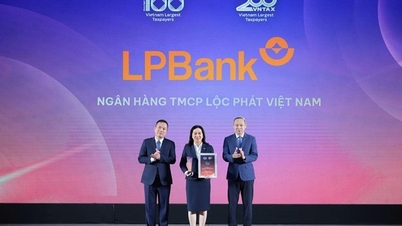



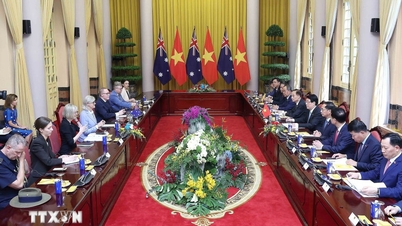


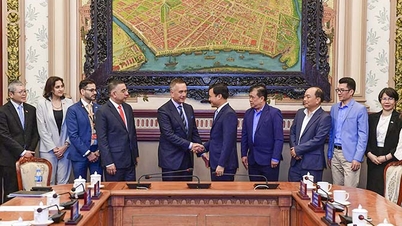























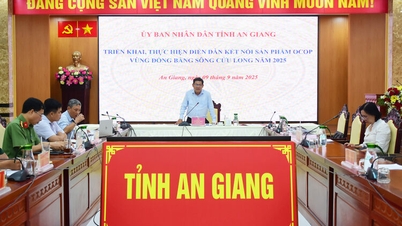









Comment (0)